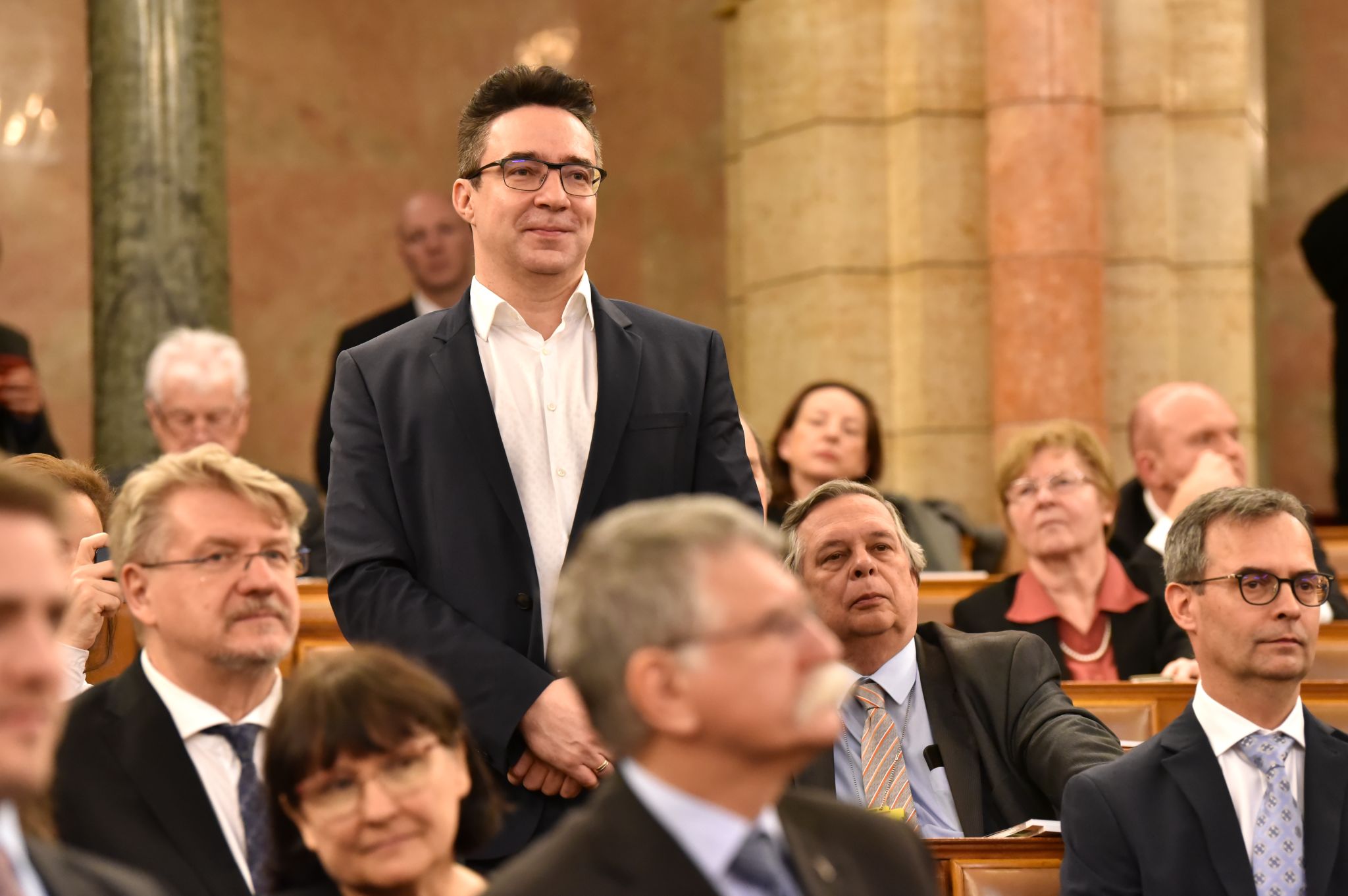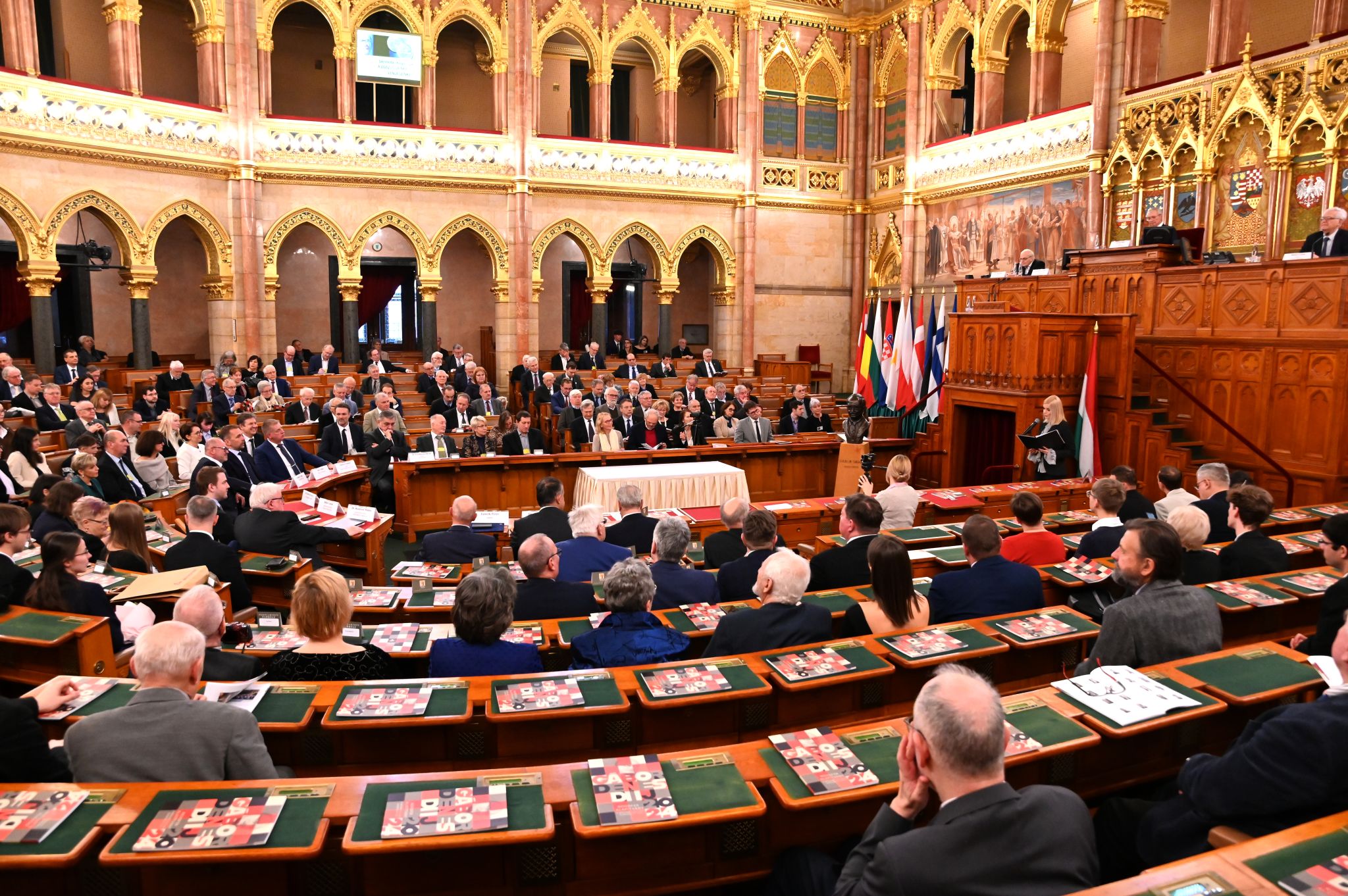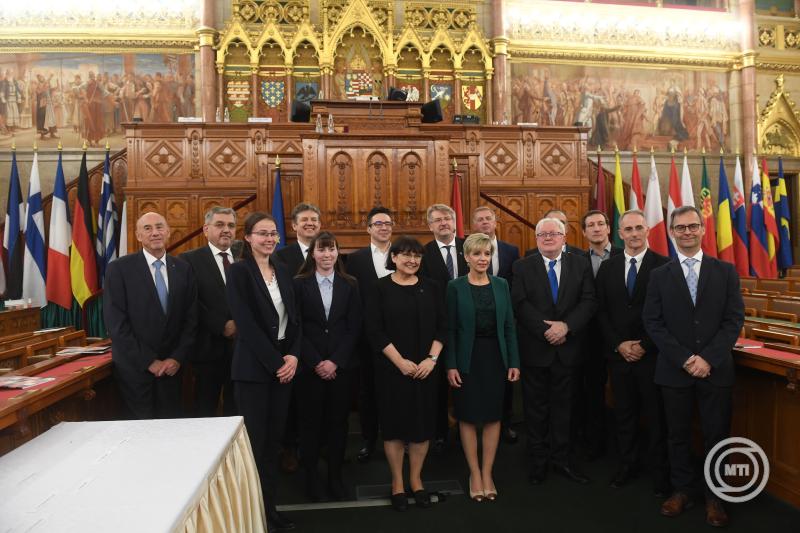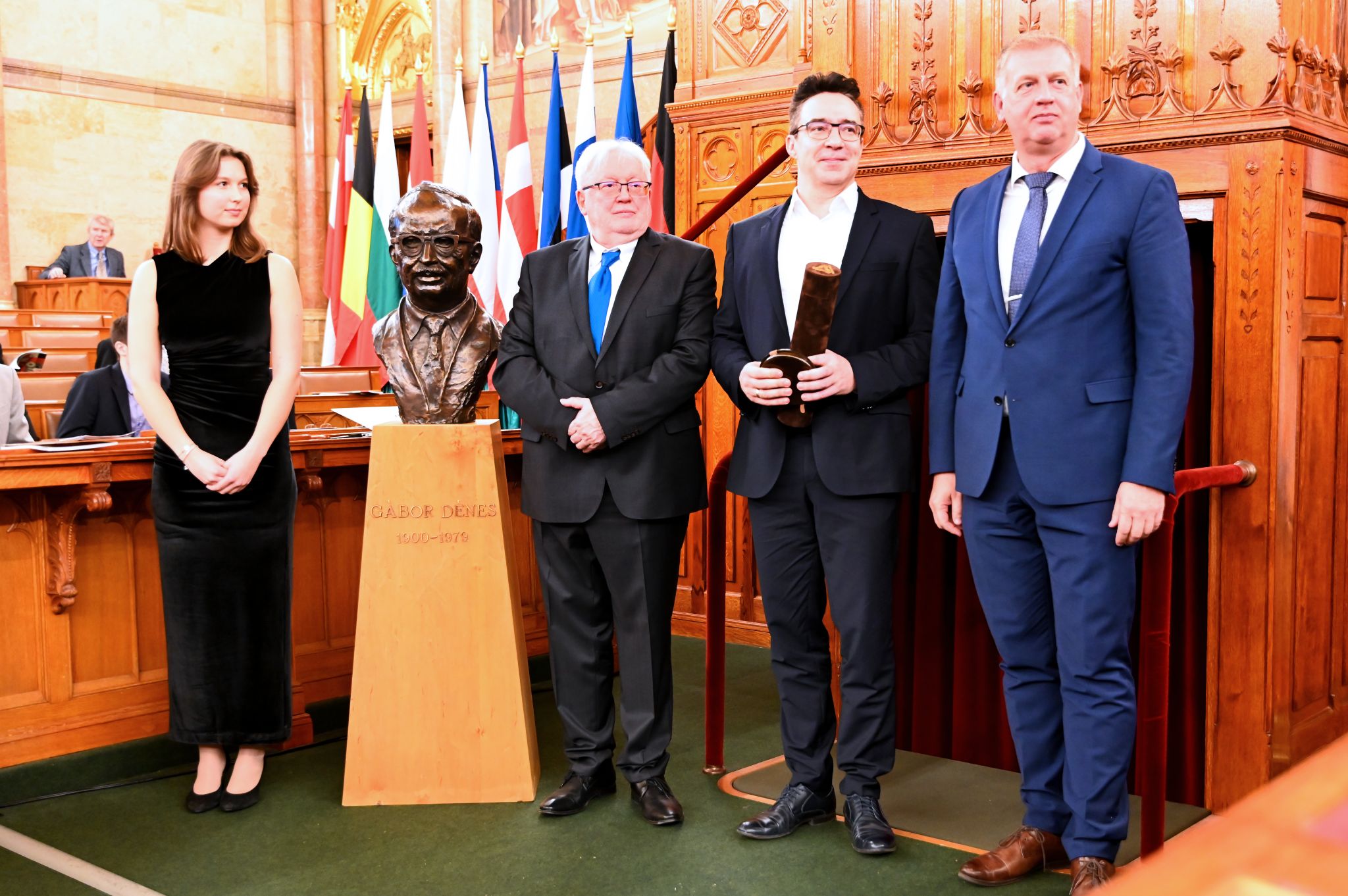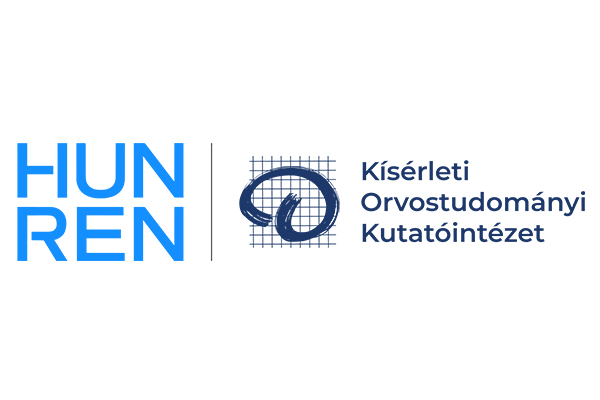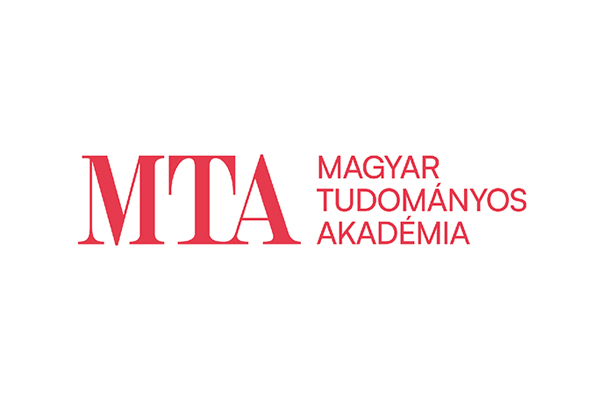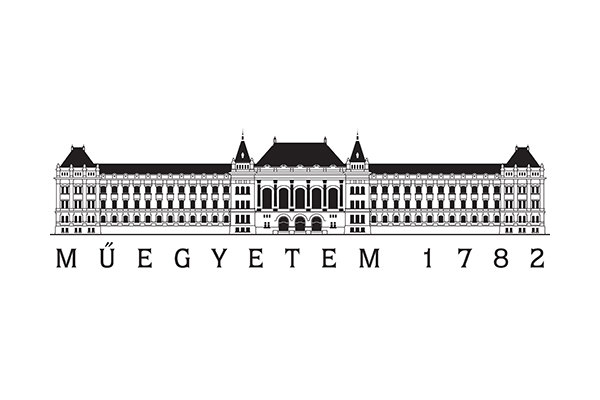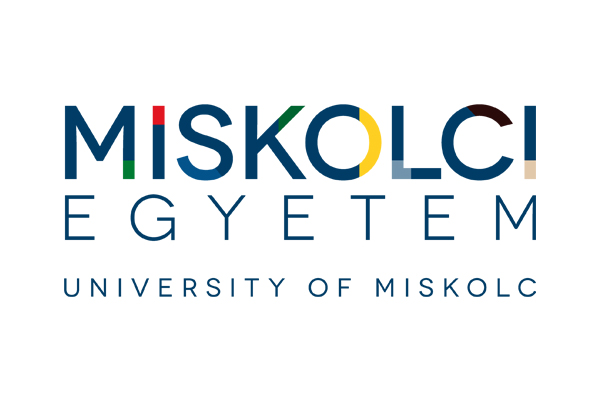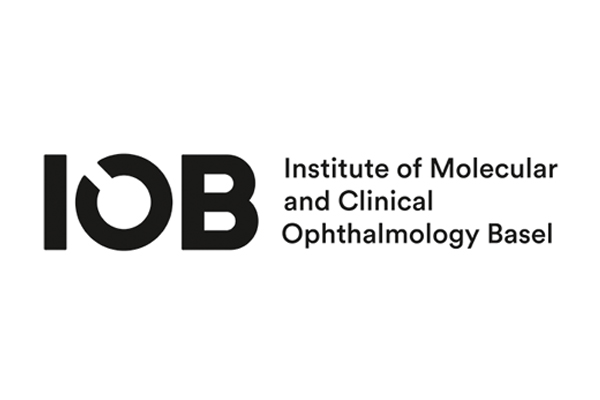Balázs Rózsa, a renowned physician and physicist, serves as the director of the BrainVisionCenter Research Institute and Competence Center, as well as a research group leader at the Institute of Experimental Medicine, HUN-REN. In December 2024, he was awarded the Gábor Dénes Prize, one of the highest accolades in the civil sector. His work has been instrumental in the development of new, innovative tools and their global market distribution, as well as in establishing pioneering international scientific collaborations.
Balázs Rózsa completed two university degrees concurrently: he graduated summa cum laude with a medical degree from Semmelweis University in 1999, followed by a degree in physics from Eötvös Loránd University (ELTE) in 2001, and earned a Ph.D. in Neuroscience with summa cum laude honors in 2007. Since 2002, he has been actively involved in research at the Institute of Experimental Medicine, HUN-REN. Between 2005 and 2008, he was part of a team developing two-photon microscopy; then, starting in 2008, he became the leader of the team developing three-dimensional two-photon microscopy. In 2005, he founded Femtonics Ltd., specializing in microscope development. Since 2010, he has been leading the ITK Multi-Photon Research Group at Pázmány Péter Catholic University and also works at the Two-Photon Imaging Center at the Institute of Experimental Medicine, where he became the head of the Neuronal Network and Dendritic Activity Research Group in 2016. That same year, he received a prestigious ERC grant, marking it as the first Hungarian ERC project featured as a highlighted project on the ERC website.
In 2021, in collaboration with Botond Roska and the Hungarian State, he co-founded the BrainVisionCenter Research Institute and Competence Center, a significant milestone in his research career. The institution’s mission is to develop new procedures and equipment for the therapy and diagnostics of central nervous system diseases. The institute employs cutting-edge molecular biology methods and three-dimensional laser microscopy technologies to evaluate the effectiveness of vision-restoring therapies. Additionally, they are exploring optogenetic methods to address various central nervous system disorders, such as depression, dementia, and epilepsy. Their primary mission is the development and optimization of new neurophotonics devices and brain interfaces. Among their specific goals is the partial restoration of vision in blindness cases where the optic nerve is absent or damaged.
Throughout his career, Balázs Rózsa has published numerous scientific papers in prestigious journals, including Science, Nature Methods, Nature, Nature Communications, and Neuron. He holds over 50 international patent applications, has delivered nearly fifty international presentations, and microscopes developed by Femtonics Ltd. are utilized in over 150 distinguished laboratories worldwide, such as at Yale, Harvard, MIT, and Columbia University. His multidisciplinary research team, consisting of talented young researchers, engages in intensive collaboration with renowned international institutions.
In December 2024, they published two significant studies. One appeared in Nature, created in collaboration with Attila Losonczy, a leading research professor at Columbia University, and the research group at the Institute of Experimental Medicine, HUN-REN. This work marked a breakthrough by spatially registering membrane potential in the neuronal processes of behaving animals’ brains for the first time. Achieving this breakthrough involved utilizing their 3D laser-scanning two-photon microscopy technology, which was also awarded an innovation prize in 2024.
In the same month, another study was published in Nature Methods, examining the plasticity of the mouse visual cortex during rapid learning. This research was conducted in collaboration with the Institute of Molecular and Clinical Ophthalmology in Basel, led by Botond Roska, and the Institute of Experimental Medicine, HUN-REN. The studies utilized the Moculus, a virtual reality headset optimized for mice developed by them. The significance of this device lies in its ability to render stereoscopic images that rodents can immediately process, unlike previous VR devices developed over the past 30 years. As a result, the animals learned over a hundred times faster, and their brain activity showed entirely different patterns. This research has opened new horizons for understanding brain function and developing brain-computer interfaces for vision restoration.
The Gábor Dénes Prize, awarded to Balázs Rózsa at the end of 2024, is one of the most esteemed honors in the Hungarian scientific and engineering community. Established in 1989, the prize aims to recognize outstanding achievements in technical and intellectual creations, engineering work, and technological development. The award was presented at a ceremony held in the Hungarian Parliament.
An annual publication about the prize is available for download and reading from the official website, both in digital and print formats
